If you answered yes to either of those questions... you're not alone. And that's definitely a bad thing.
The problem is that mixing alcohol with many common medications can have surprisingly dangerous and awful side effects.
And here's another thing: Medications can last in your system a lot longer than you might think.
Here are 14 examples of super common types of medications that can have very dangerous reactions with alcohol, as well as what might happen if you do mix them.
This information comes straight from this incredibly helpful NIAAA fact sheet about alcohol and medication interactions.
Worth noting: These drugs definitely aren't the only ones that can mess you up when mixed with alcohol — they're just common examples. See the NIAAA's fact sheet for even more examples (though even that isn't a comprehensive list). And always, always talk to your doctor and check a new medication's label before taking it, to know whether mixing with alcohol is a problem, and if it's a particular issue for you specifically based on your medical history.
1. OTC pain and fever meds
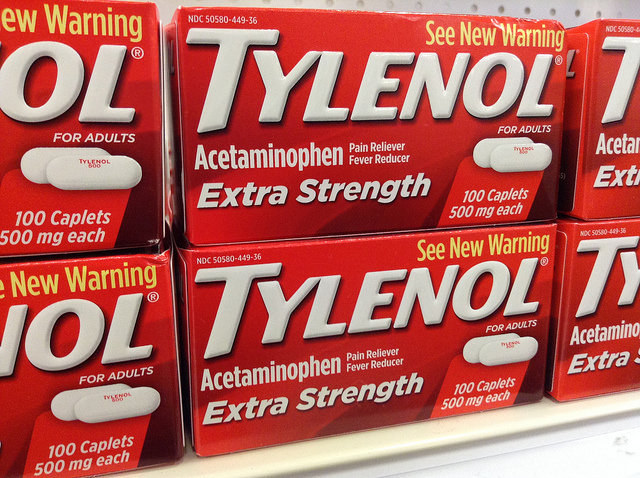
2. Prescription pain meds
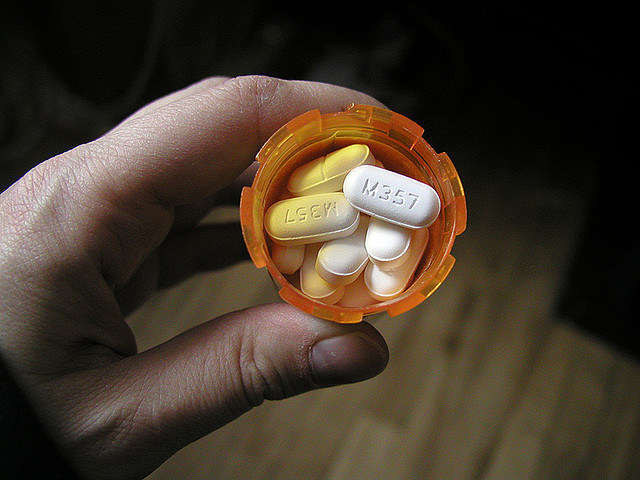
3. Allergy and cold & flu meds
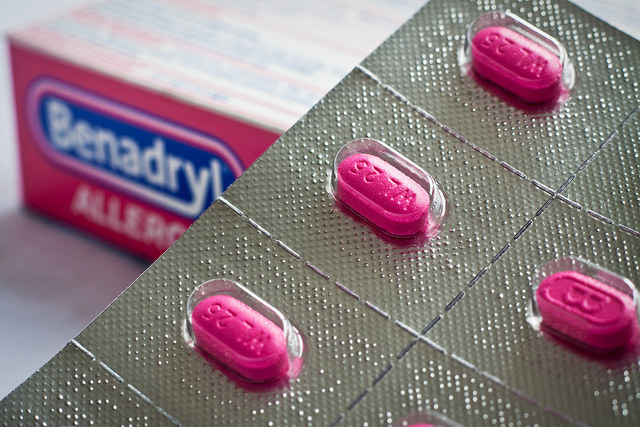
4. Cough meds
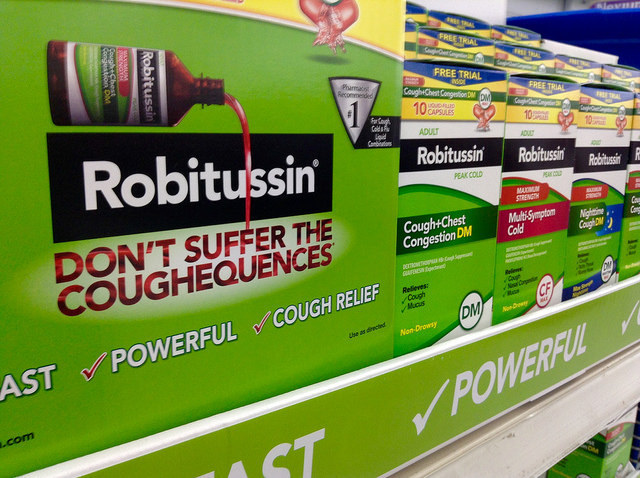
5. Antibiotics
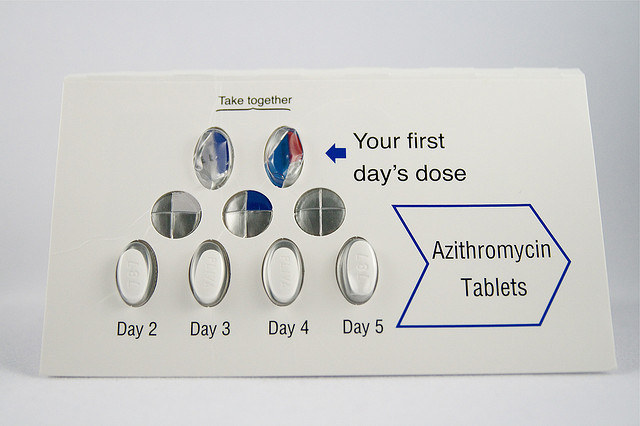
6. Anxiety meds
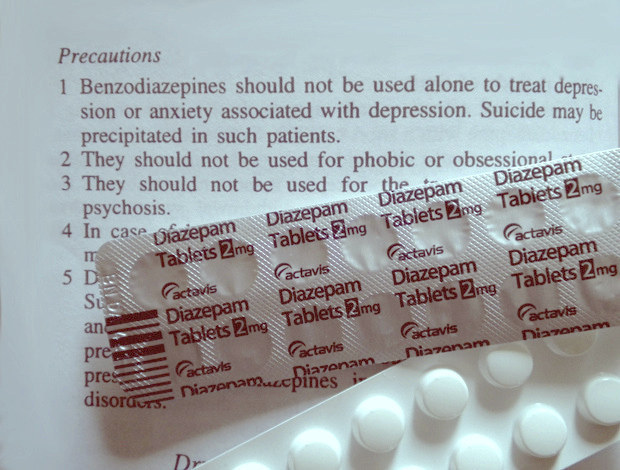
7. Depression meds
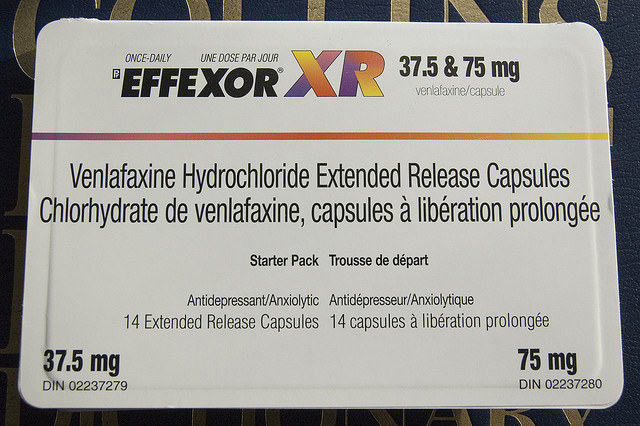
8. Attention and concentration meds
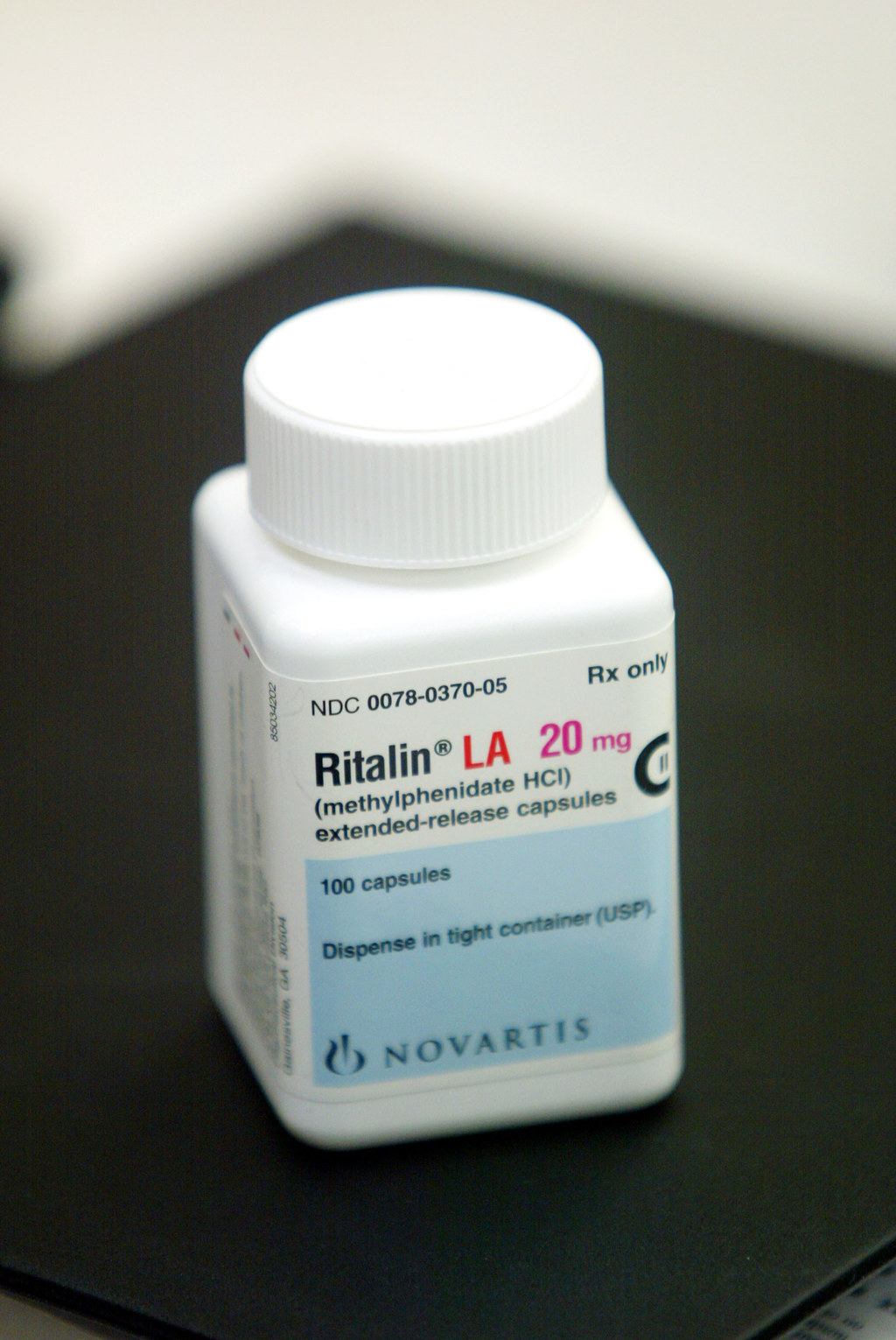
9. Heartburn meds
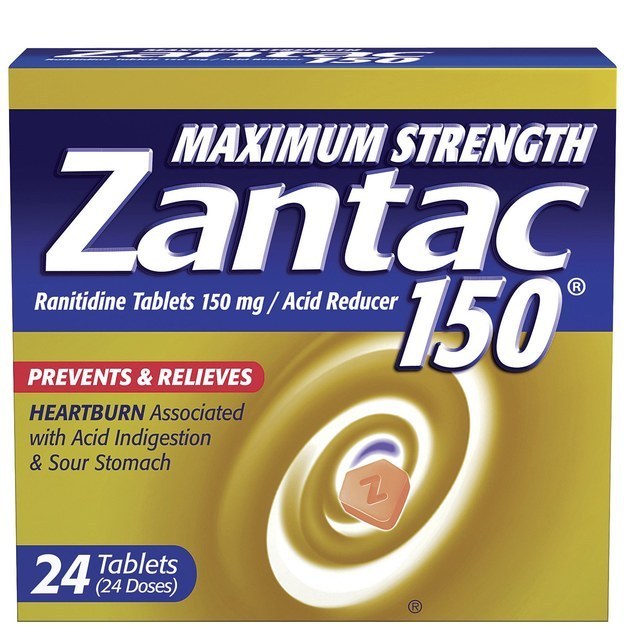
10. Sleep meds
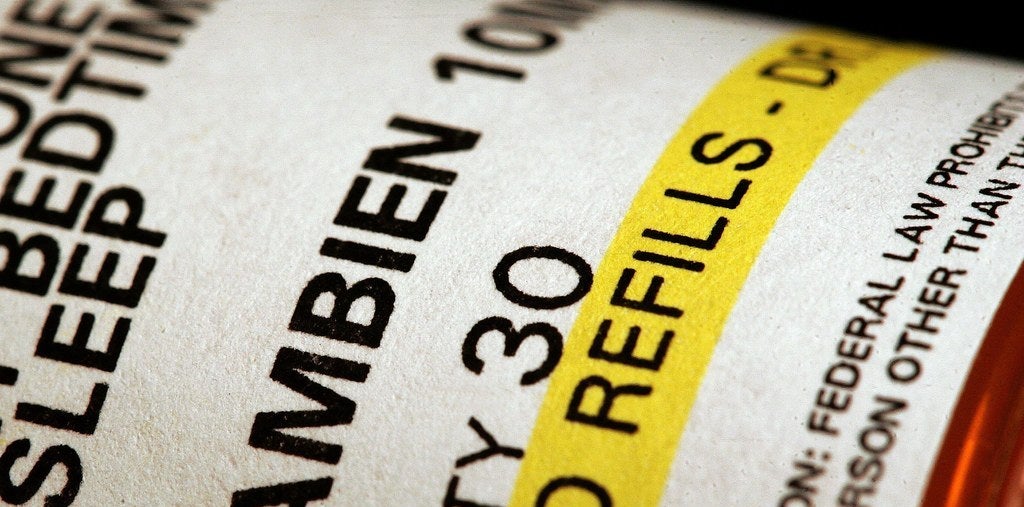
Medicines: Ambien, Lunesta, Sominex, herbal supplements (like chamomile, valerian, lavender), and more.
What might happen: All the usual stuff: You'll feel drowsy, dizzy, and sleepy, and it might become hard to breathe. You'll also potentially experience impaired motor control, strange behavior, and trouble remembering things. According to the NIH, alcohol can make the typical side effects of sleep meds worse.
11. Blood pressure meds
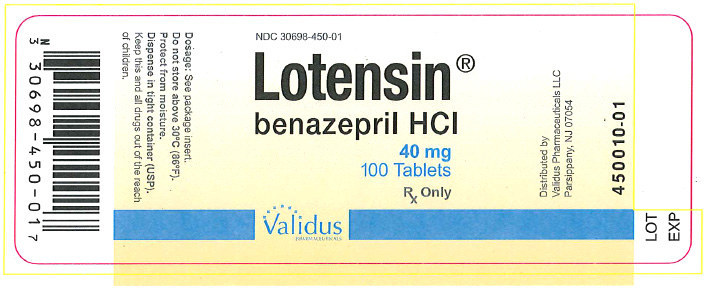
12. Diabetes meds
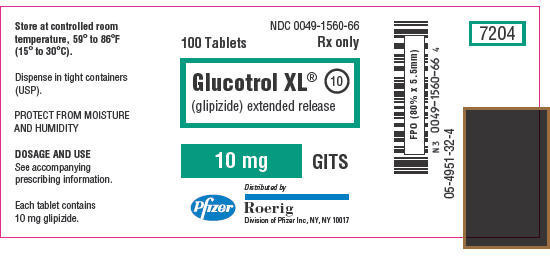
13. Blood clot meds
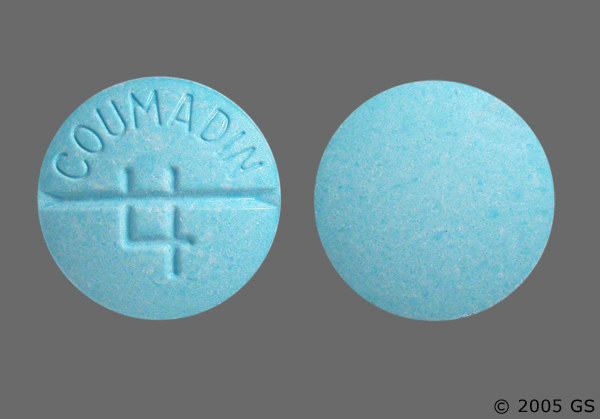
14. Cholesterol meds
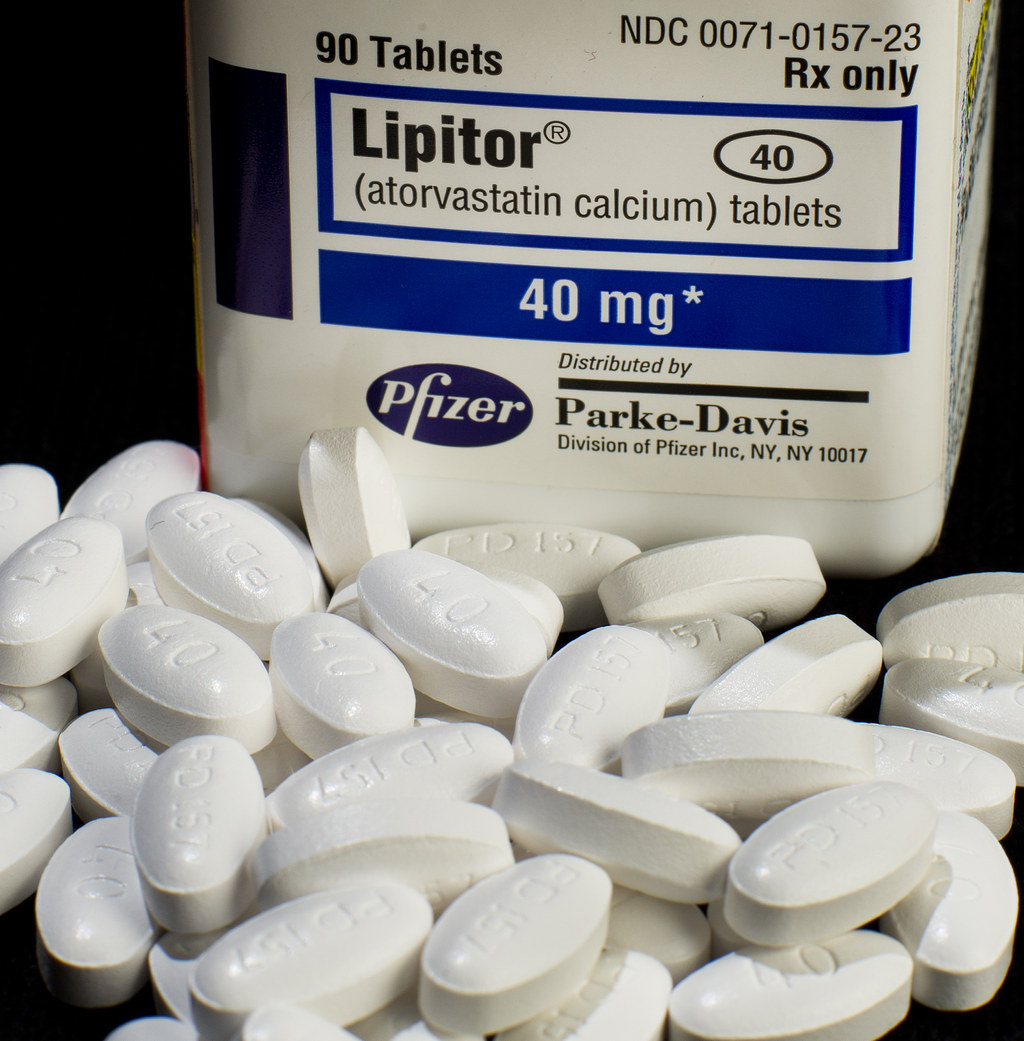
And many more.
The medicines listed as examples on this list don't even make up the half of it. Check out the NIAAA fact sheet to see even more examples of medications that interact poorly with alcohol.
This includes medicines mentioned above, plus medications that treat issues like angina, coronary heart disease, epilepsy, arthritis, enlarged prostate, mood stabilizers, motion sickness and nausea, seizures, and more.
Bottom line: Talk to your doctor. And when in doubt... don't drink while you're taking medicine, just to be safe.
One last thing...
Breslow says that NIAAA guidelines recommend that women shouldn't drink more than three alcoholic beverages a day, and no more than seven per week. Men shouldn't drink more than four alcoholic drinks a day, and no more than 14 per week.

